In the small agricultural communities of Cotabato and Sultan Kudarat, farmers don’t get their produce to market faster and easier due to poor road access. They had to travel to and from the nearest town by motorcycle, chariot, horse, or foot along slippery, muddy roads, and a knee-deep river (during sunny weather). They would also spend Php 100 for every sack of goods they needed to transport. This agony existed even before the Special Area for Agricultural Development (SAAD) project was implemented in these rural areas.
A woman farmer revealed that her son, who is in school, was compelled to live with her grandparents, who lived near the facility.
Another problem faced by small-holder farmers is the lack of resources to cover high input costs such as fertilizers, pesticides, and other costs. As a result, many resort to microfinance or, worse, money lenders that charge as much as 10-20% interest every month or during the harvest of their crops. This often leaves them in debt.
How SAAD provided basic access to these farmers
Far-flung areas, mostly belonging to the End Local Communist Armed Conflict (ELCAC) and Geographically Isolated and Disadvantaged Areas (GIDAs) were included in SAAD’s priority communities to receive integrated livelihood projects ranging from corn, rice, high-value crops, poultry, and livestock aimed at providing farmers access to food production and food sustenance.
The Napnapon Corn Farmer’s Association in barangay Napnapon, Palimbang, Sultan Kudarat, explained that the hybrid corn provided by the Program helped them to reduce their production costs because the inputs were already free. This means that they will only pay for postharvest services and product transportation.
Similarly, other farmer group beneficiaries visited by National Program Management Office – Public Relations and Development Communication (NPMO-PRDC) Unit staff attested that the project’s immediate impact on them was food on the table, and allowing them to buy their basic needs and their children’s school needs, as secondary.
SAAD Unlad Lokal Catalog
By highlighting inspirational stories and best practices of existing farmers in the region, DA-SAAD hopes to perpetuate stories and progress that can be replicated in other programs and projects for the most marginalized communities. For its Unlad Lokal Coffee Table Book content creation, SAAD collects information, experiences, and stories from Cotabato and Sultan Kudarat farmer groups that have demonstrated exemplary results in livelihood projects.
Seven (7) farmer groups who operate small-scale agribusinesses on corn and upland rice commodities were visited for the Unlad Lokal documentation. Most of them belong to the indigenous Aromanon, Teduray, B’laan, Monobo, T’boli, and Tagakaulo communities, as well as areas identified as ELCAC sites and GIDAs. These are Kalamongog Teduray Farmers Association, Napnapon Corn Farmers Association, Malegdeg Agrarian Reform Beneficiaries and Diversified Farm Owners Association, Tribal Christian Farmers Association, Lomoyon United Farmer’s Association, and Kabulanan Highlanders Association and Sustainable Incorporated, and Galilee Rural Improvement Club.
These FAs have shown sustainable agricultural practices and food systems for improved household consumption and increased income, SAAD Phase 1’s twin goals of contributing to poverty reduction, pursued from a holistic and integrated perspective.
A gleaming story of success in enterprise in Antipas, Cotabato is shown by Ms. Florencia Galinato, also known as Manay Olong, founder of the Galilee Rural Improvement Club, and who used to make chichacorn to serve as a snack whenever she had visitors.
Before SAAD, the lack of storage and drying facilities limited the group from processing their chichacorn and banana chips. Since both products require sunlight to dry, they were unable to process during the rainy season. The raw corn would likely be attacked by insects and weevils, thus, putting them to waste.
Now with SAAD’s Php 1.5 million support for food processing building, the group is earning Php 15,000 a day from chichacorn and banana chips-making – producing 200 kilograms (kg) of chichacorn and 500kgs of banana chips per day to cater to the provincial demand. ###
Writer: Jennifer A. Valcobero, DA-SAAD NPMO Information Officer

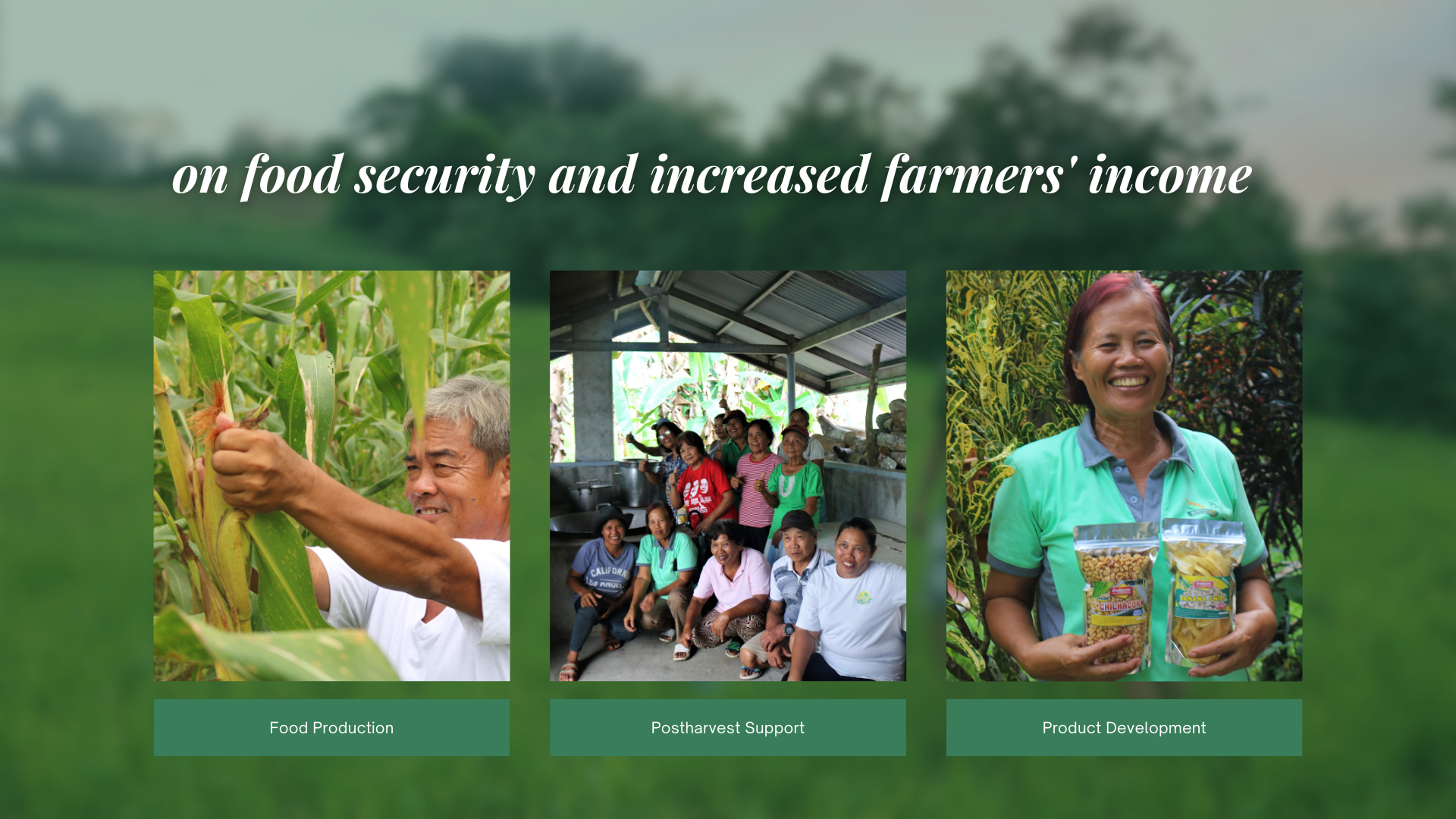
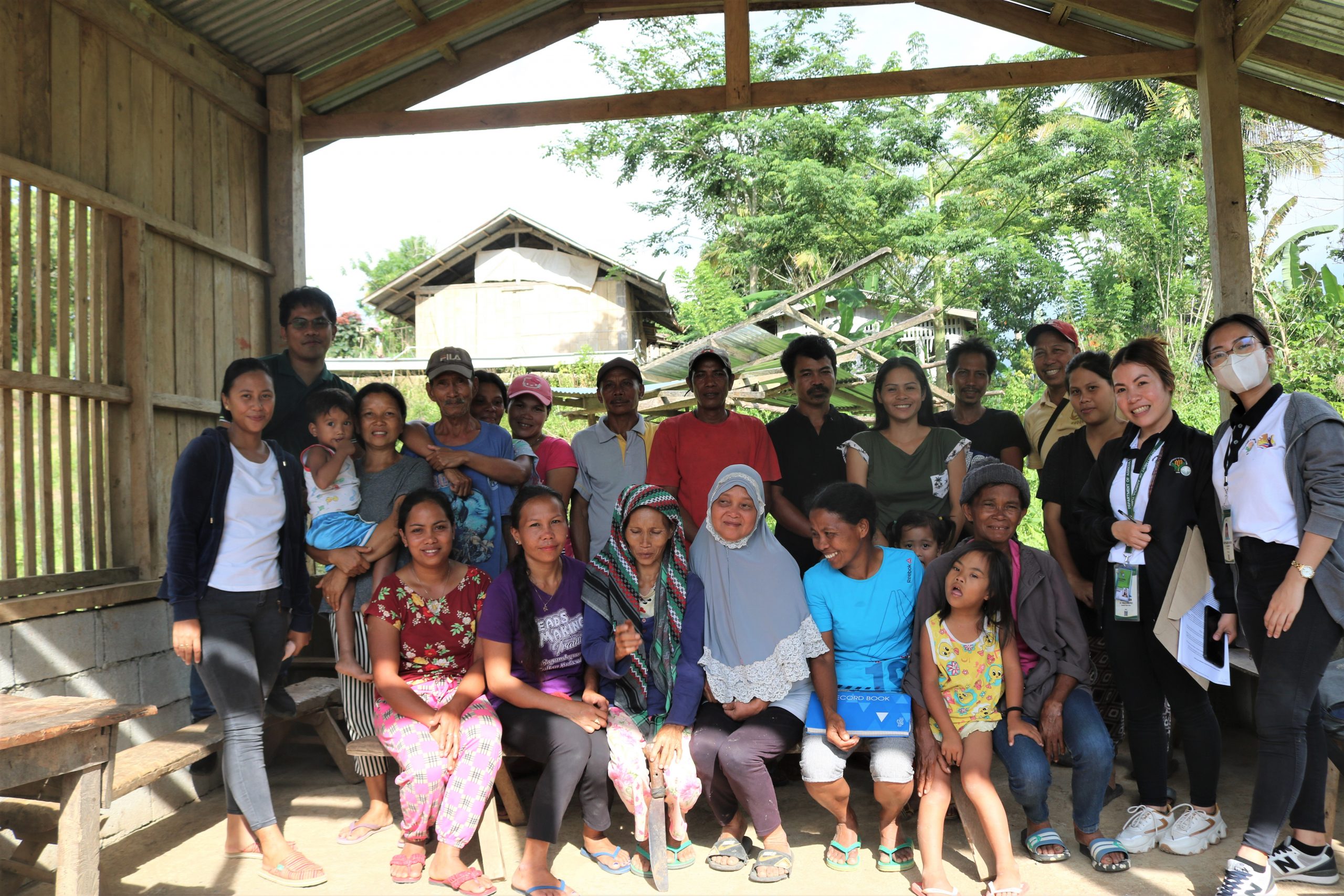

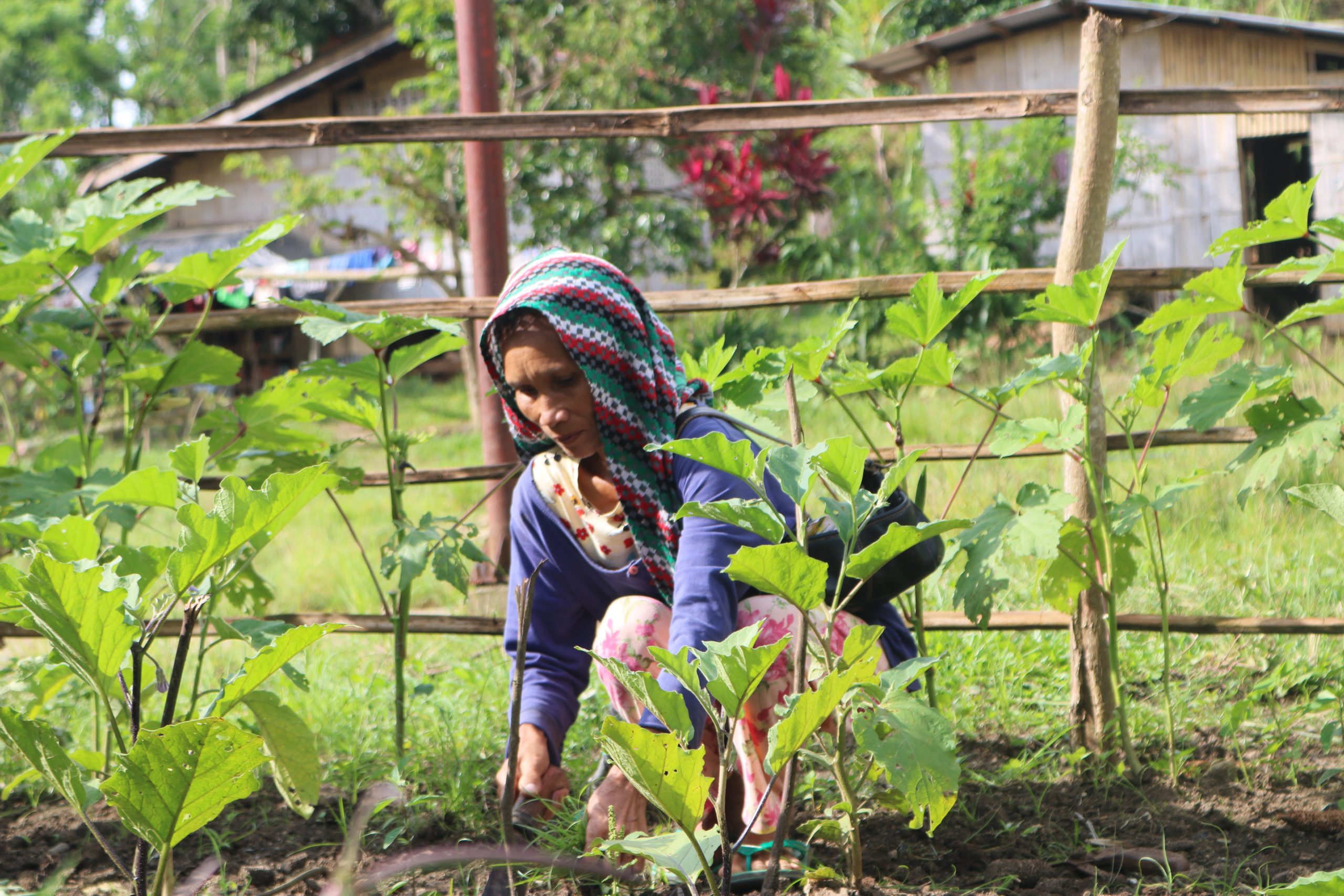
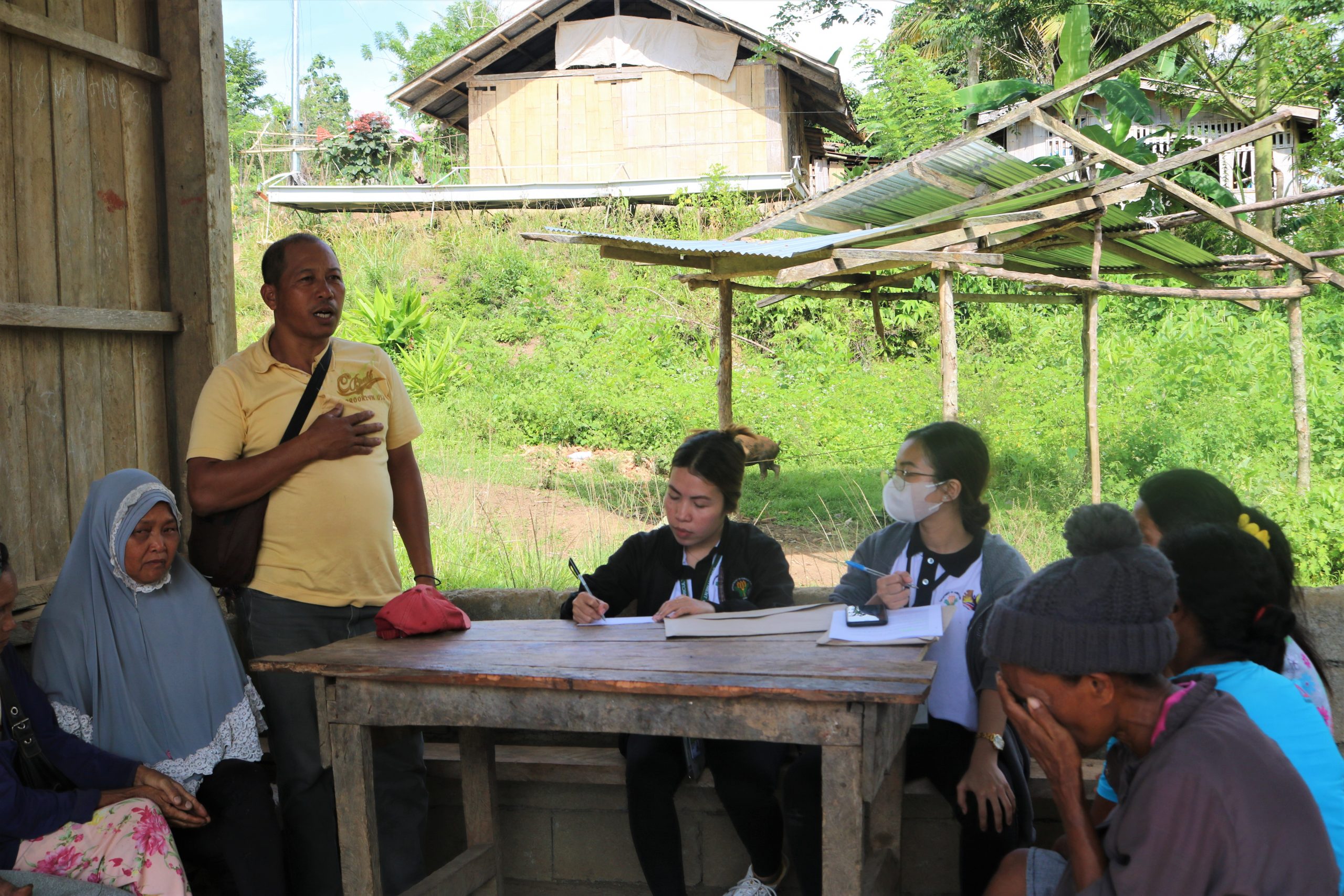
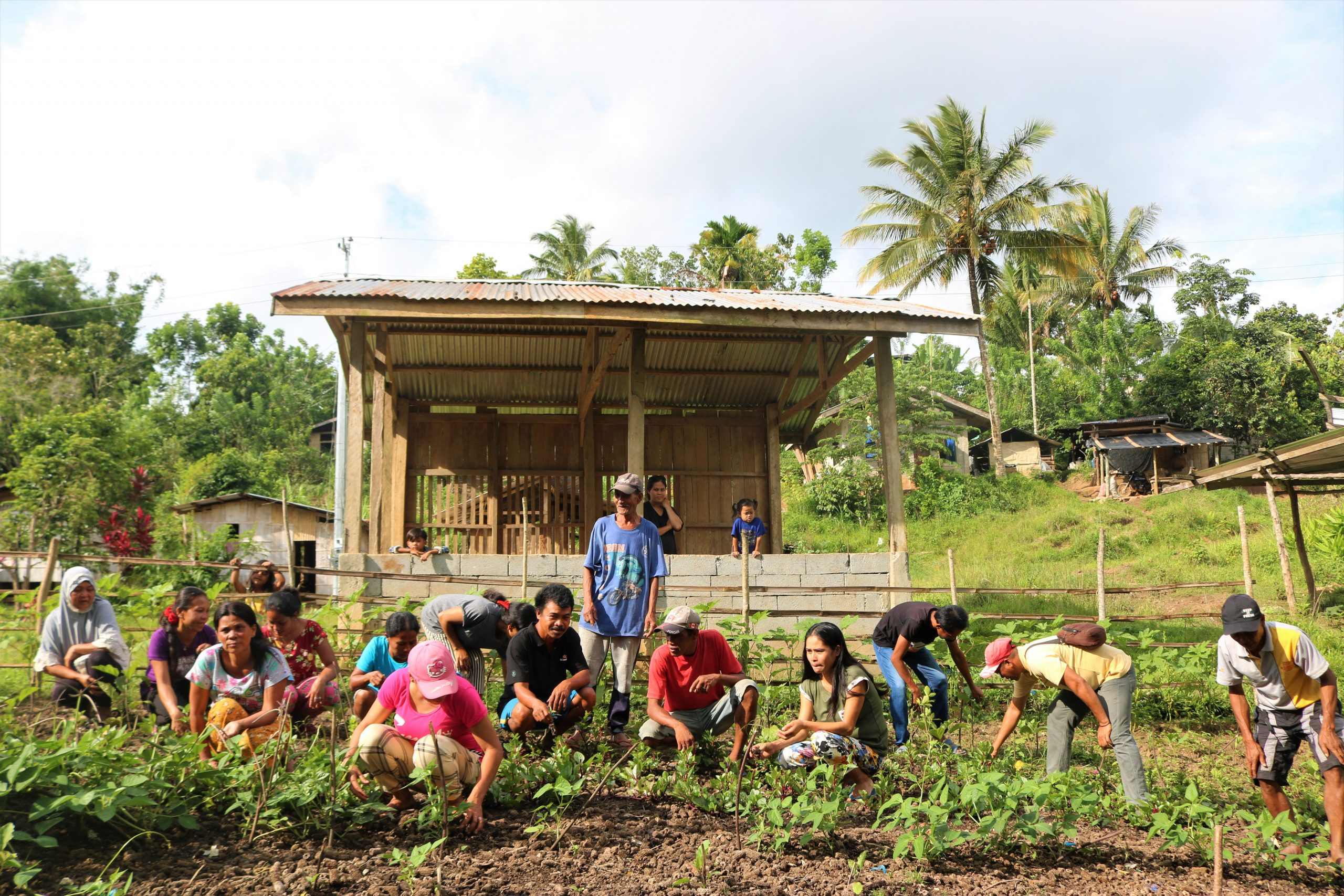
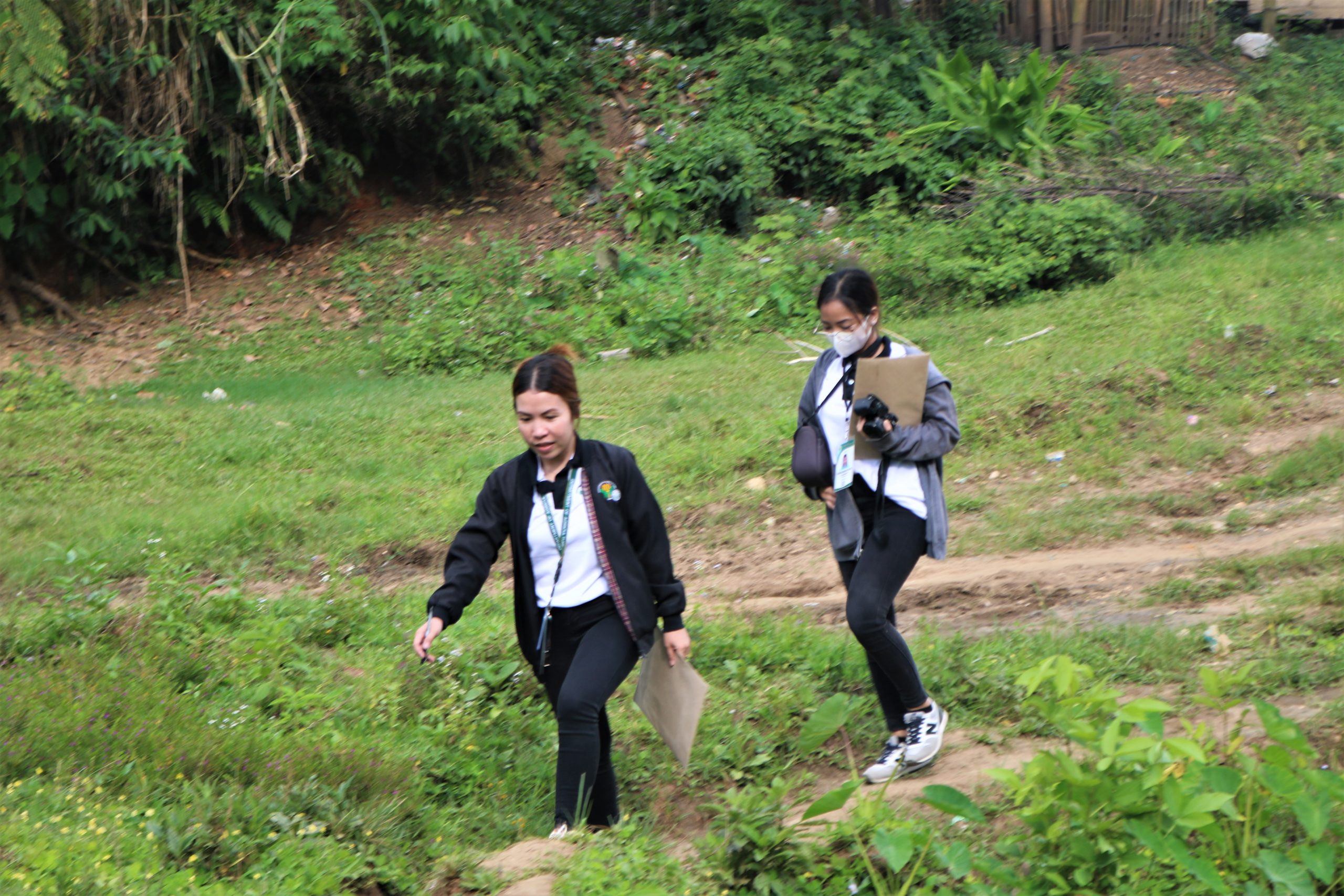
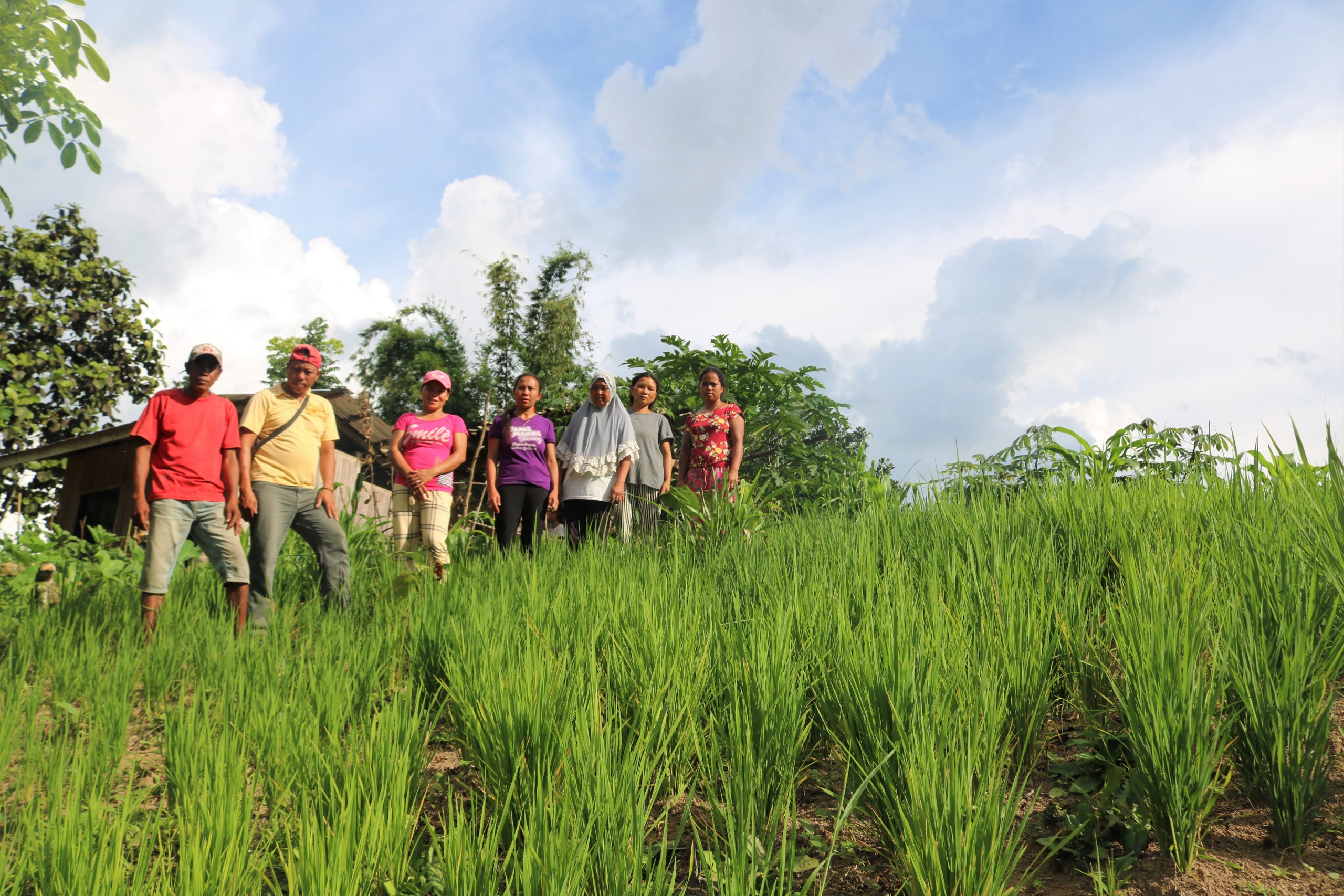

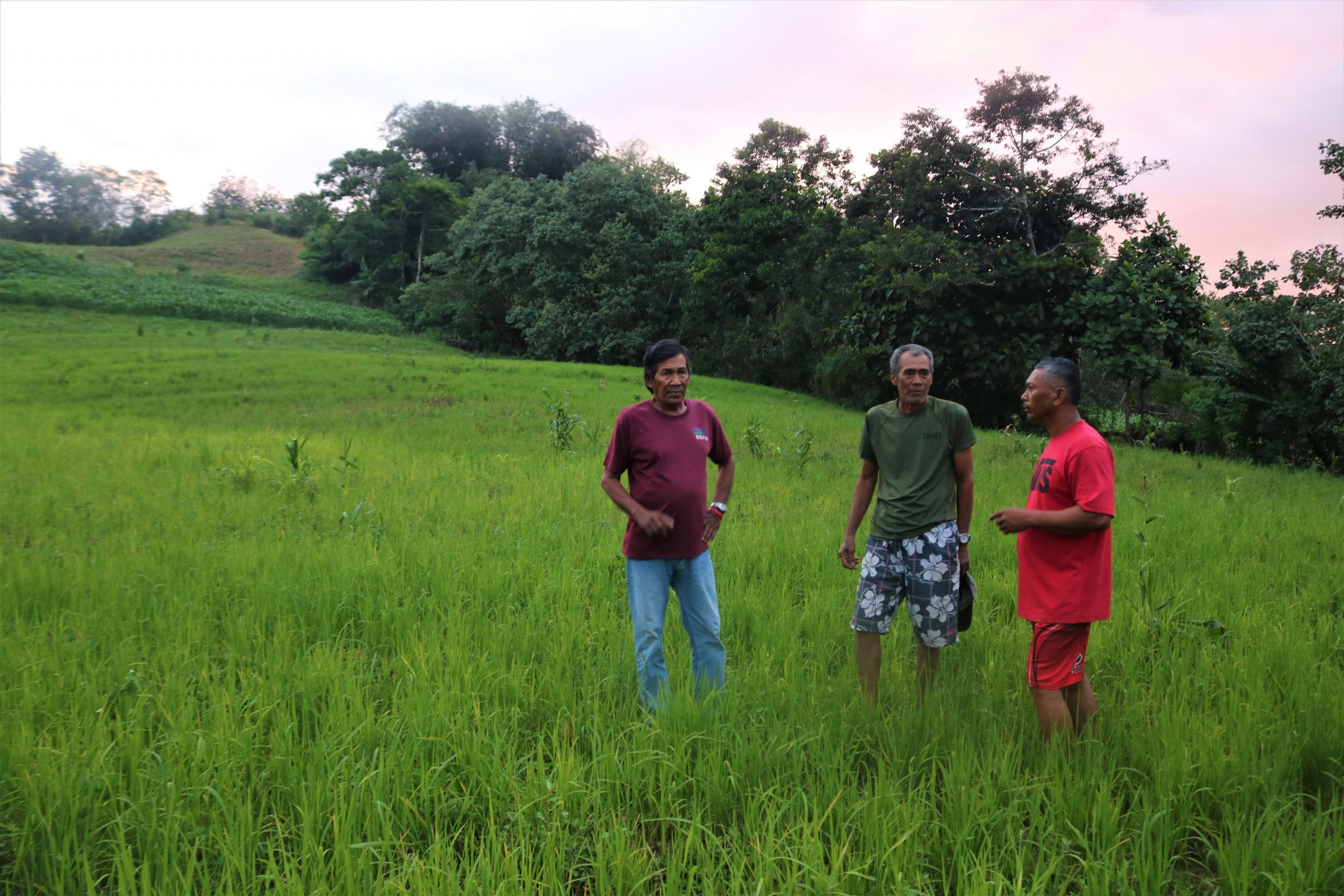
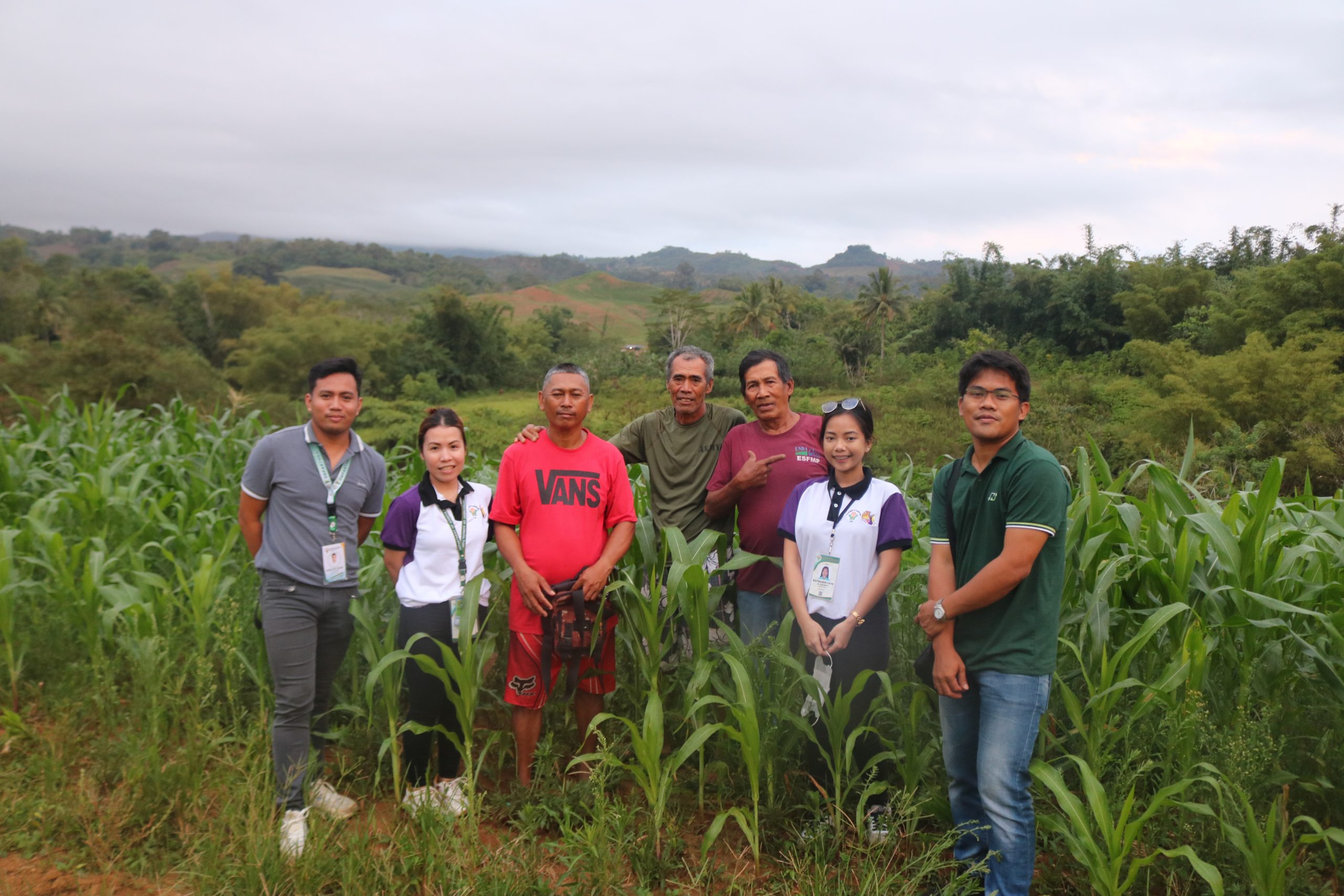
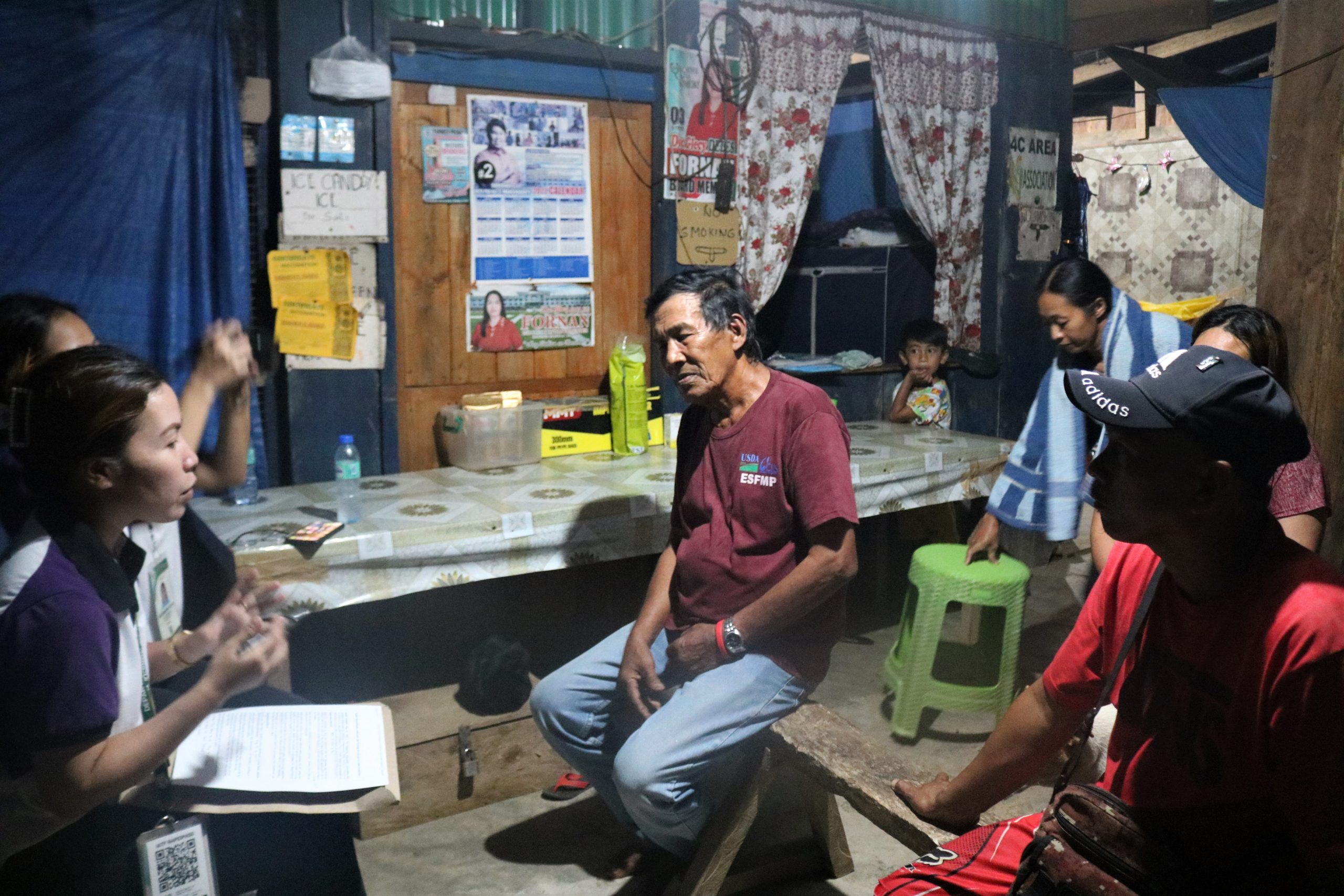
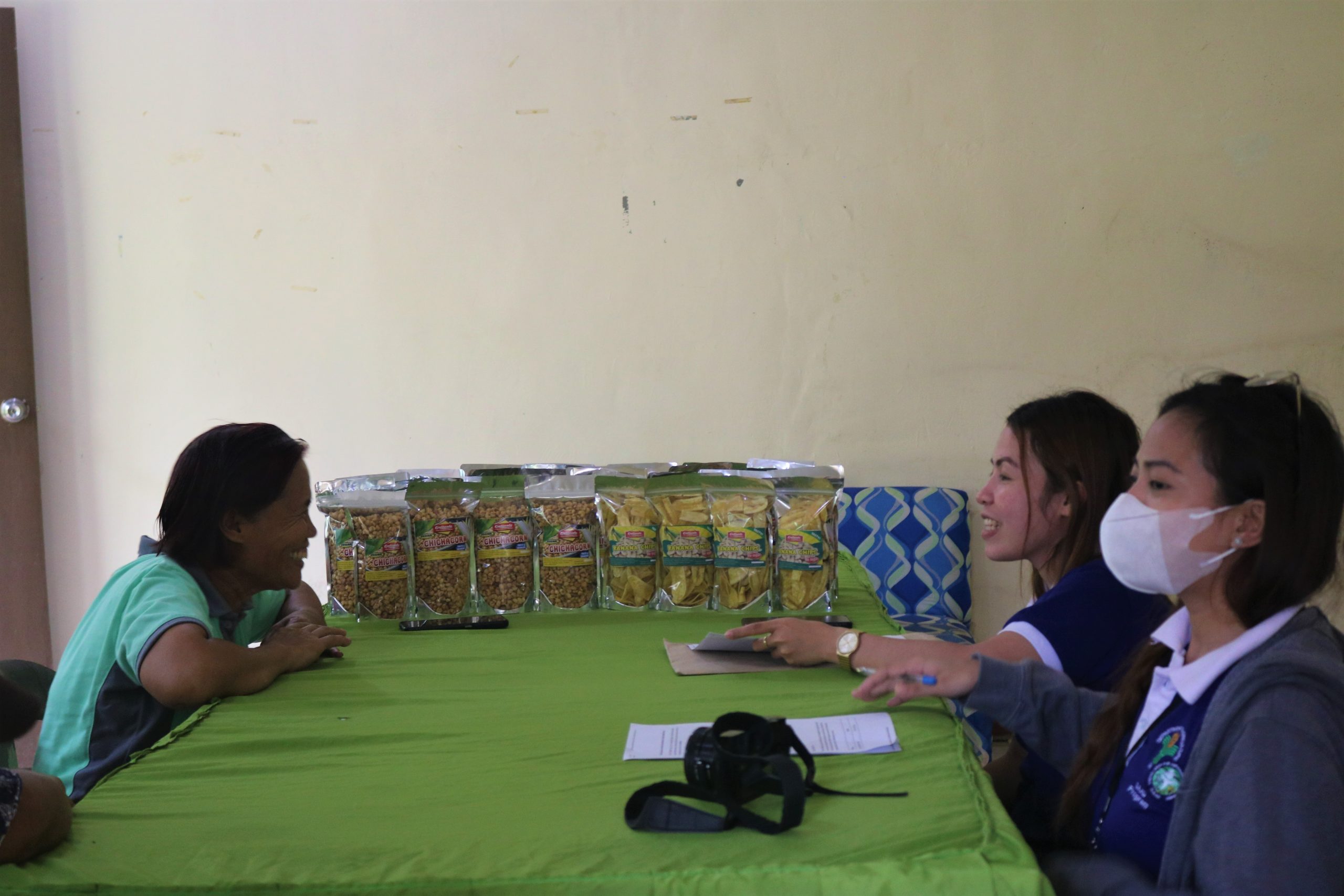
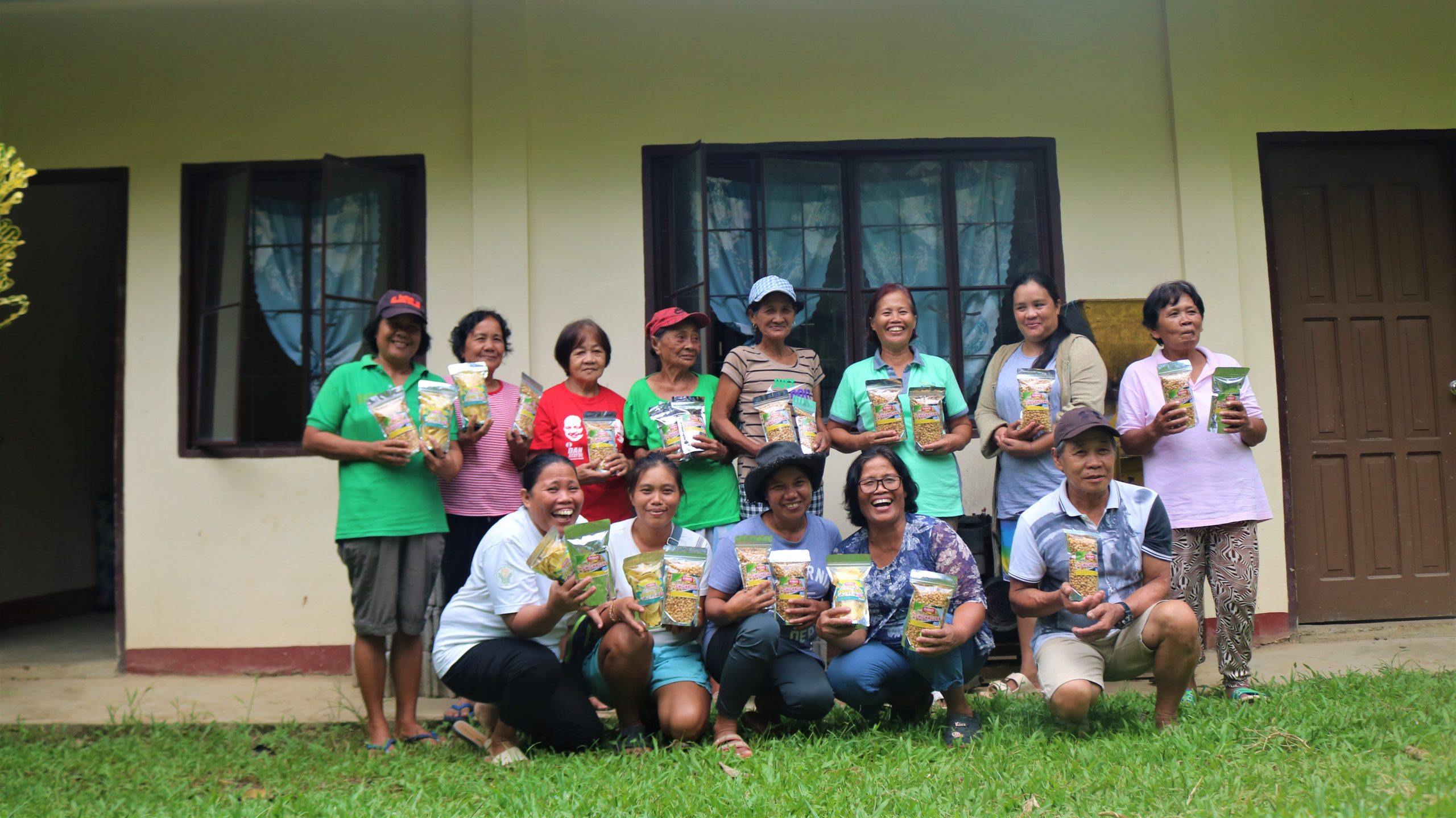
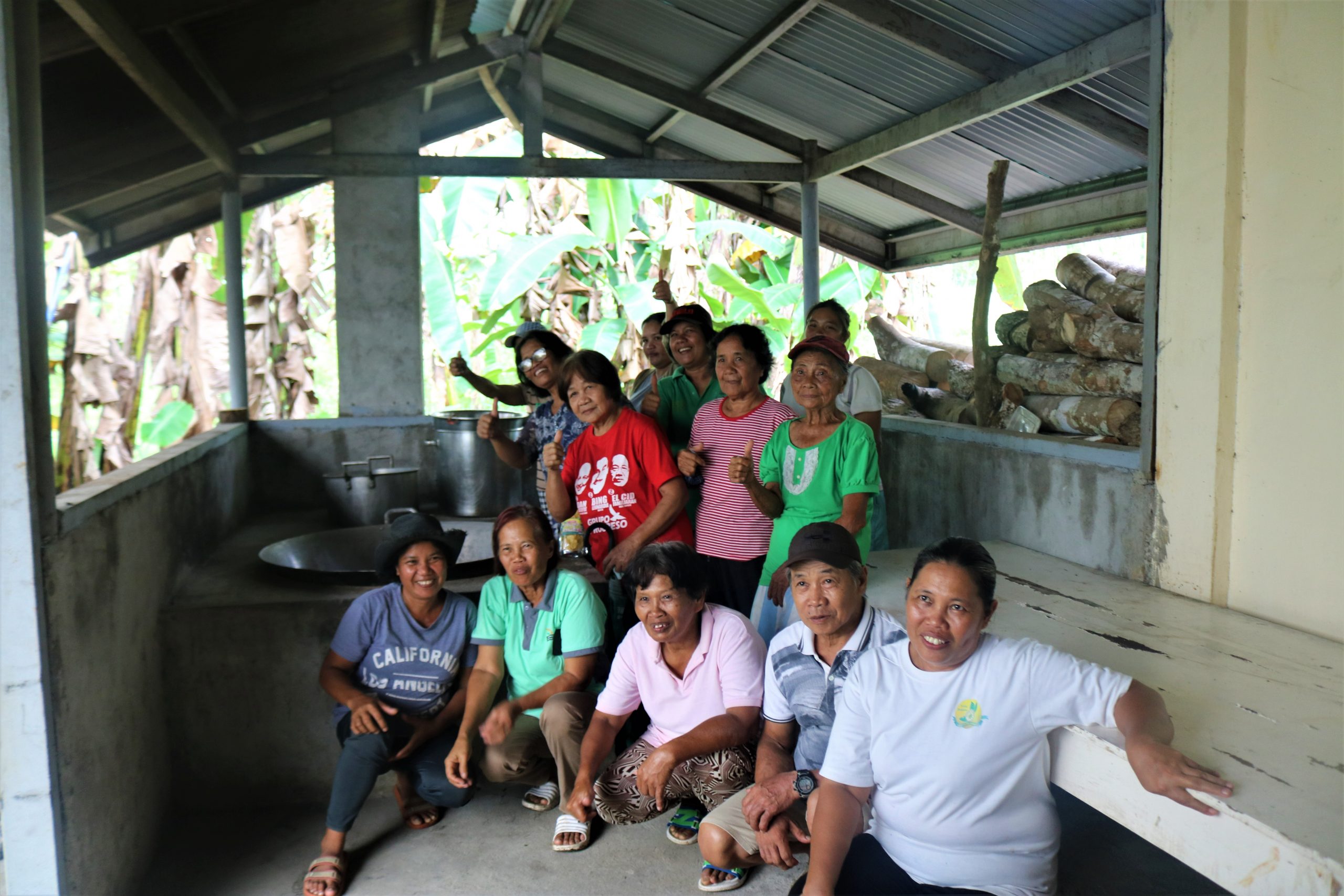
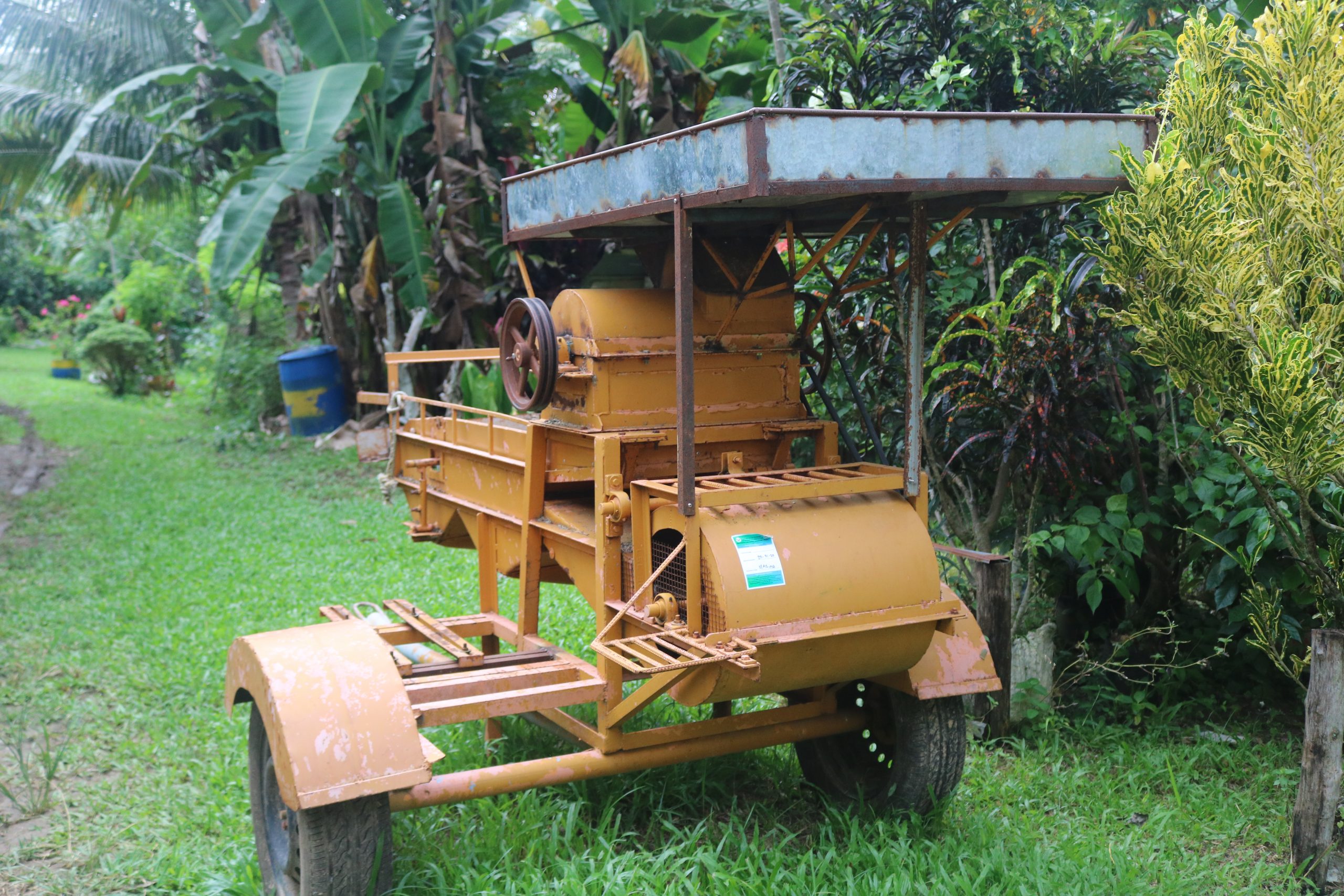


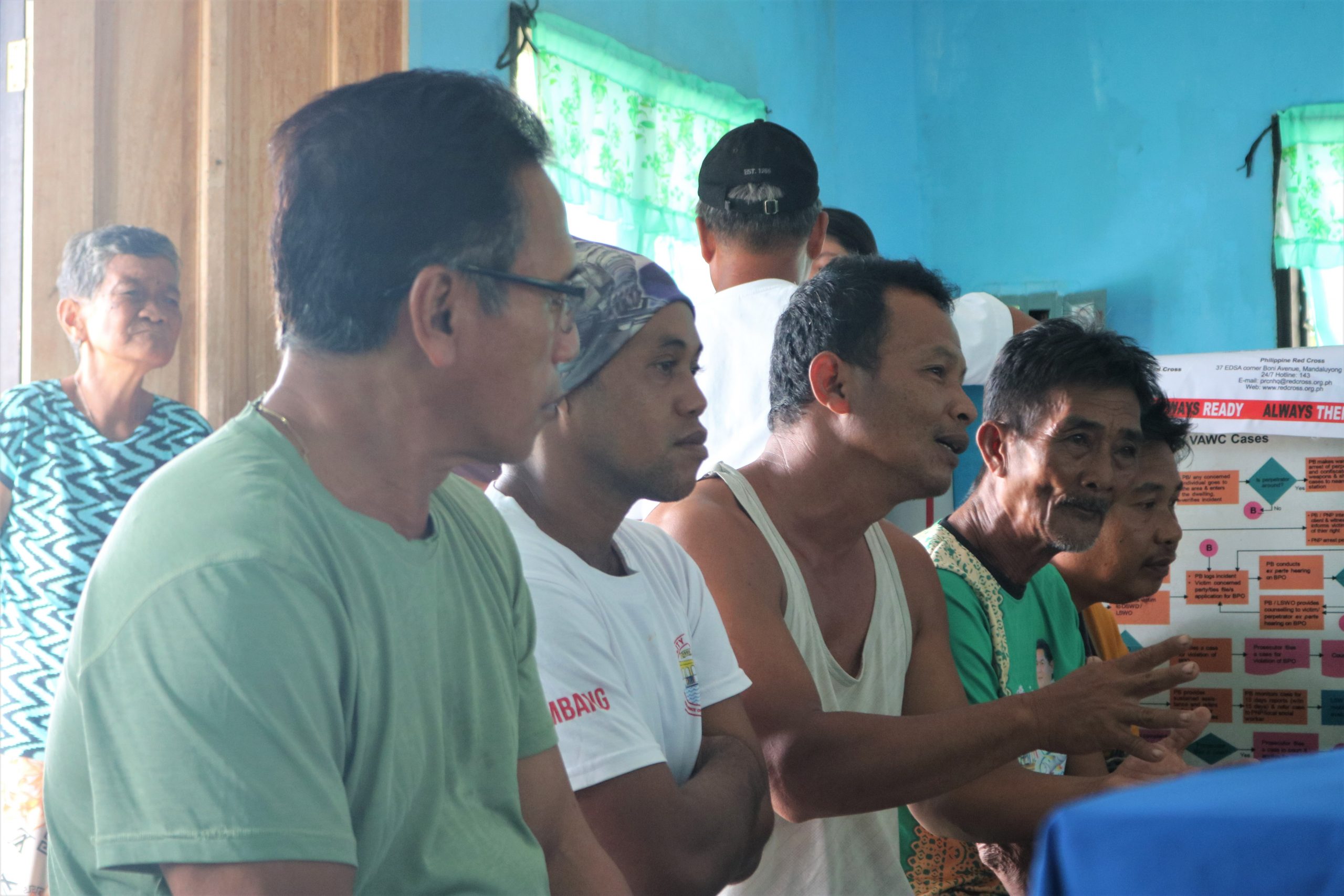
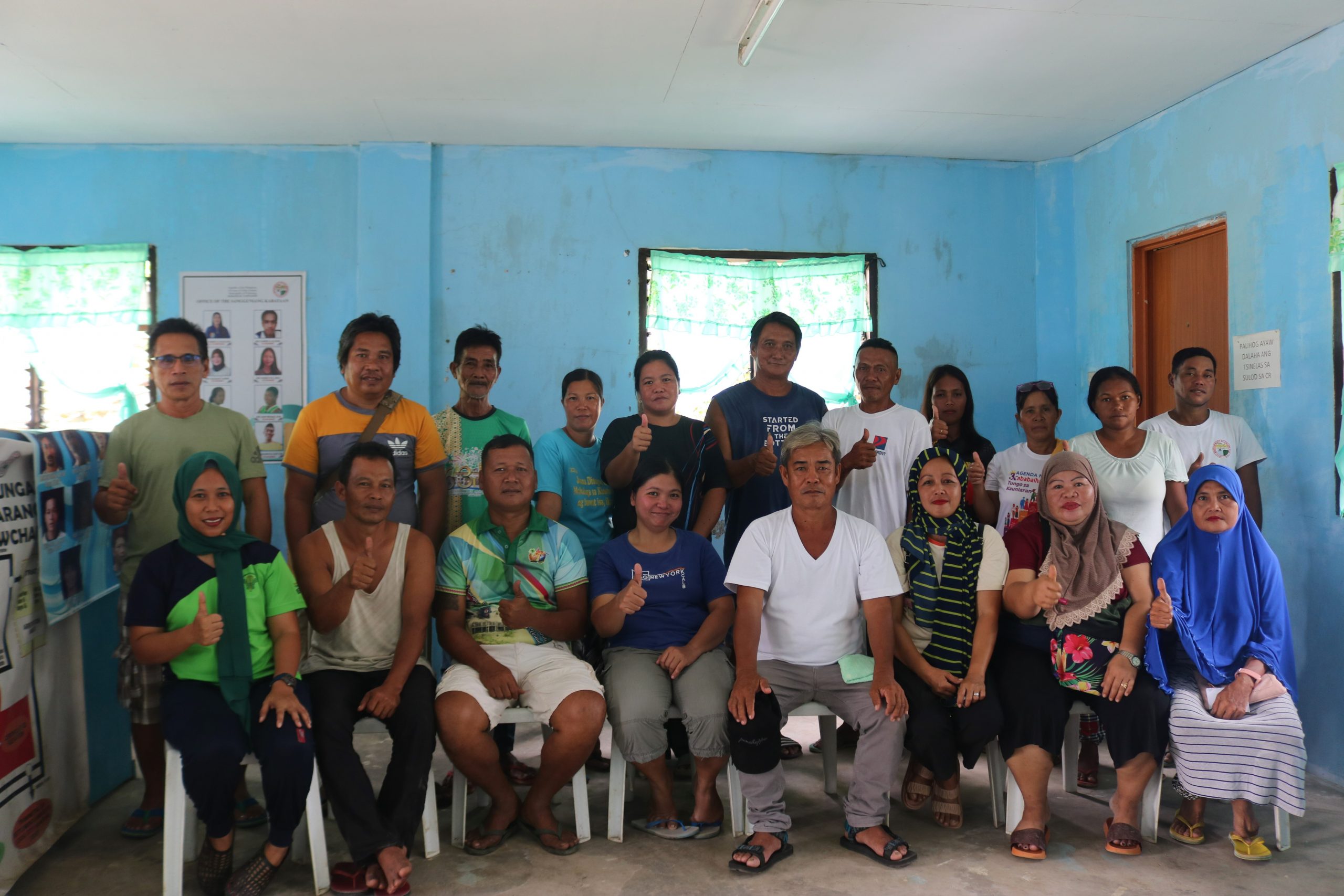
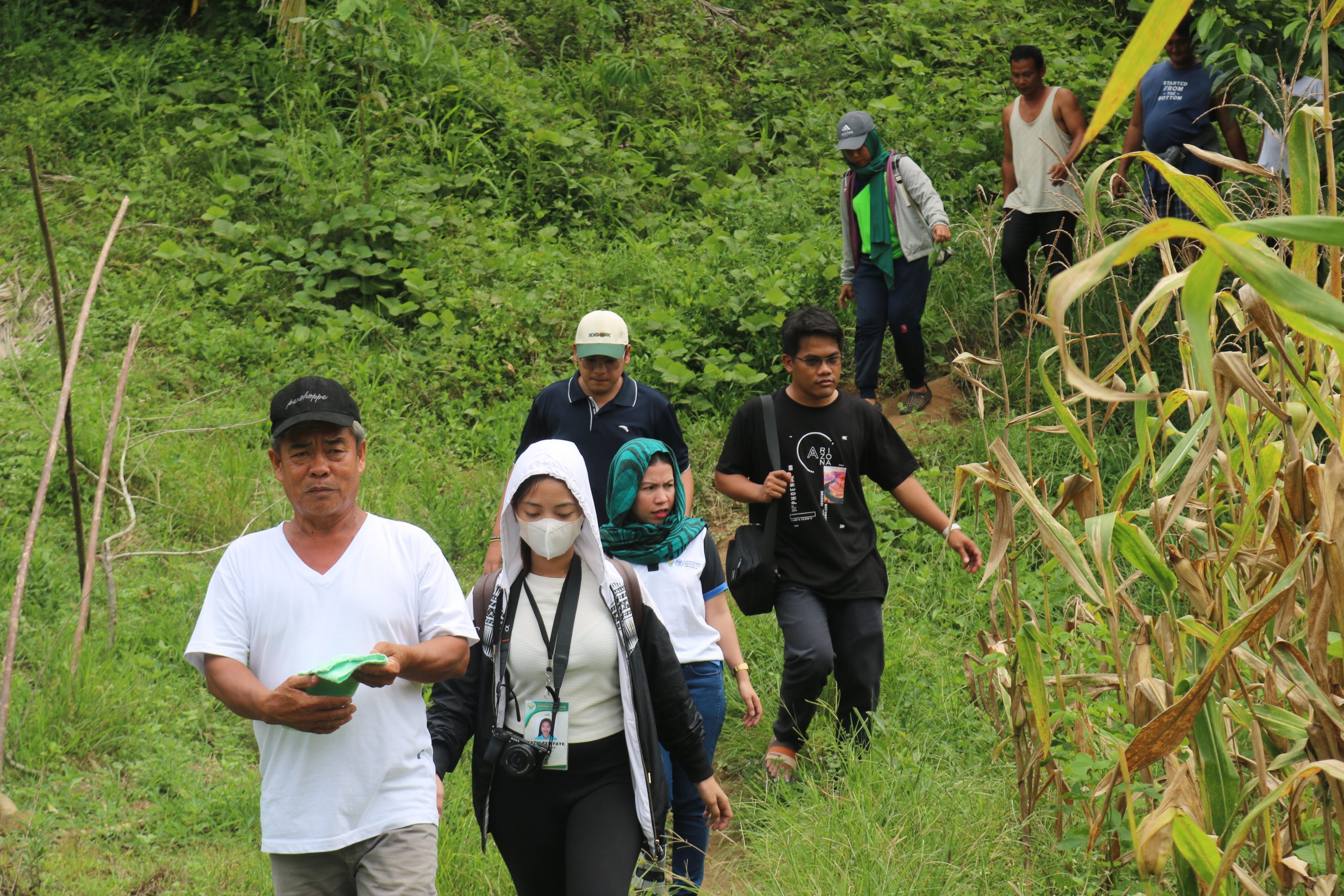
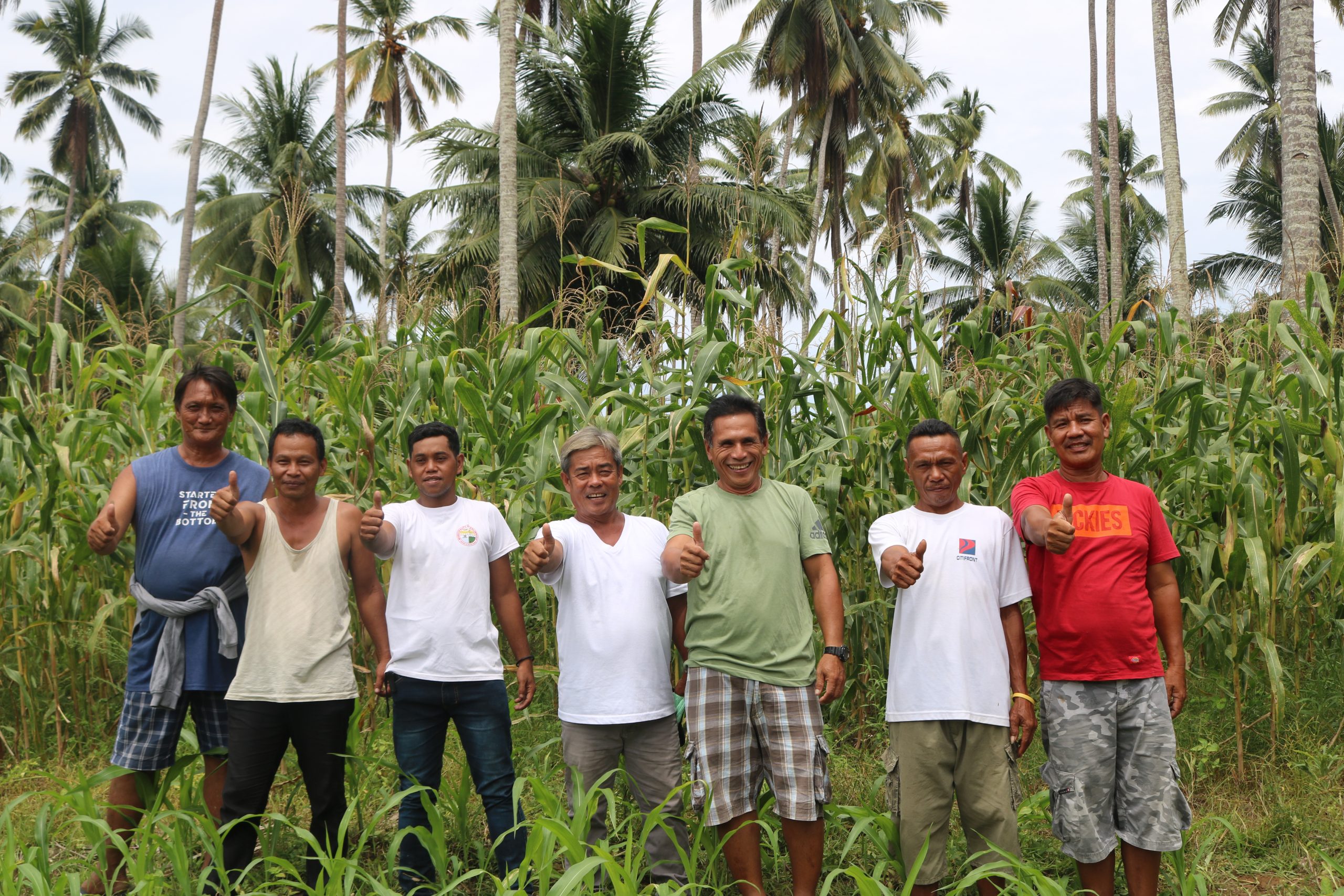
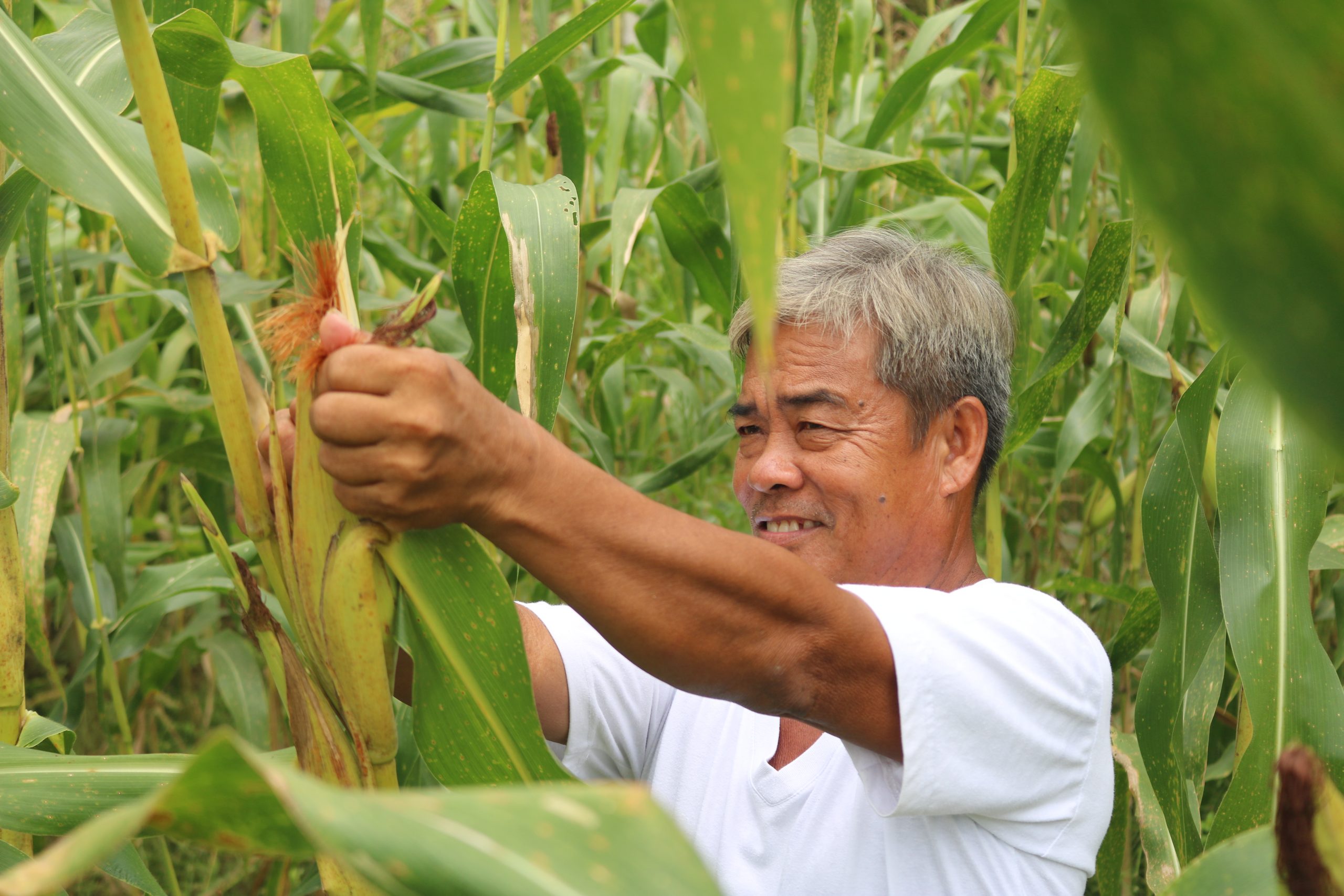
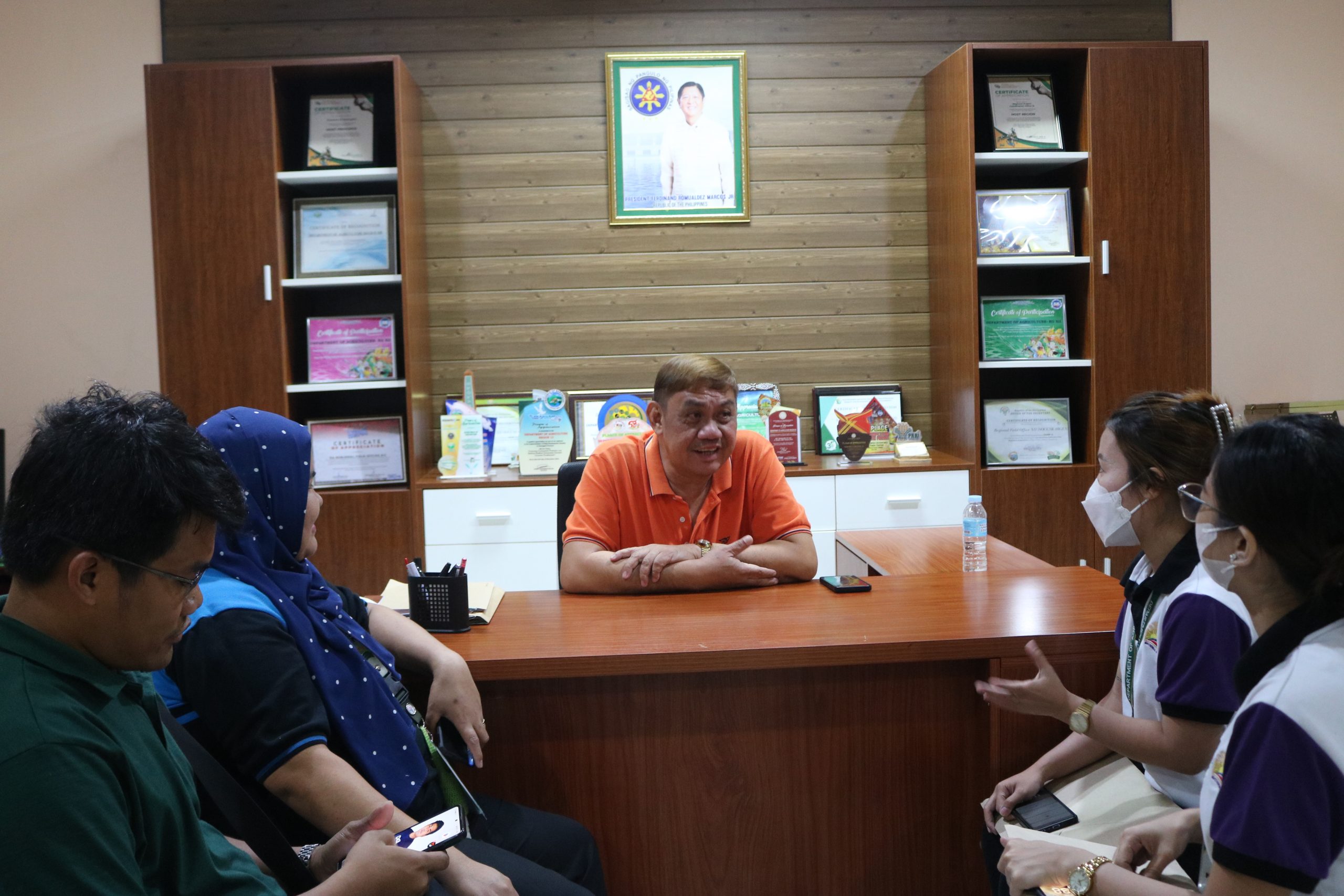
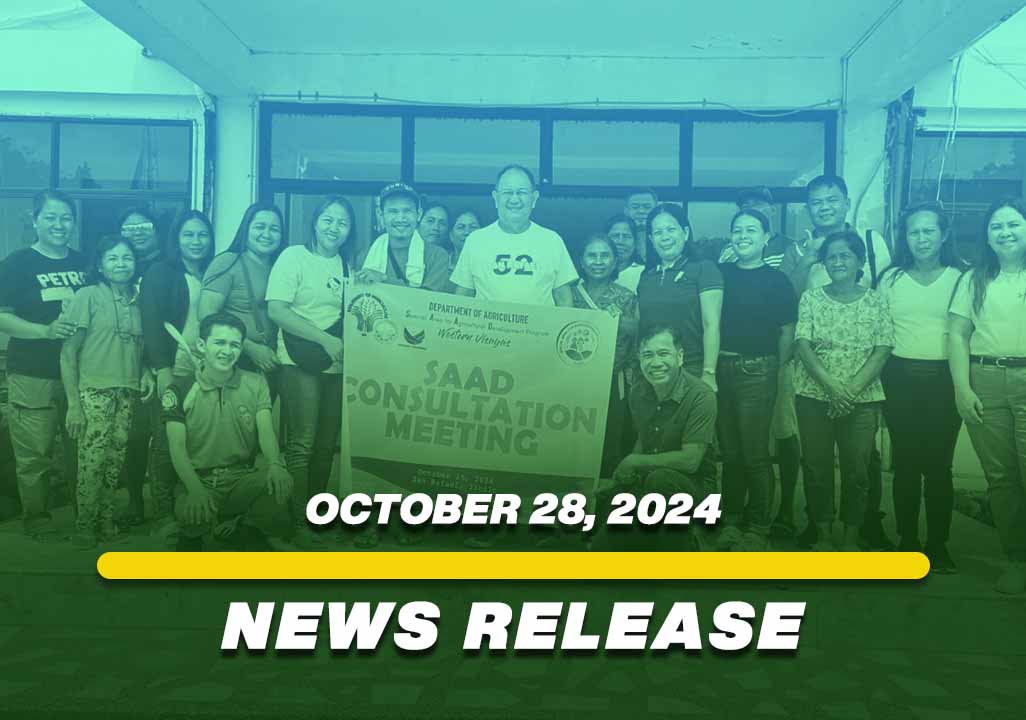
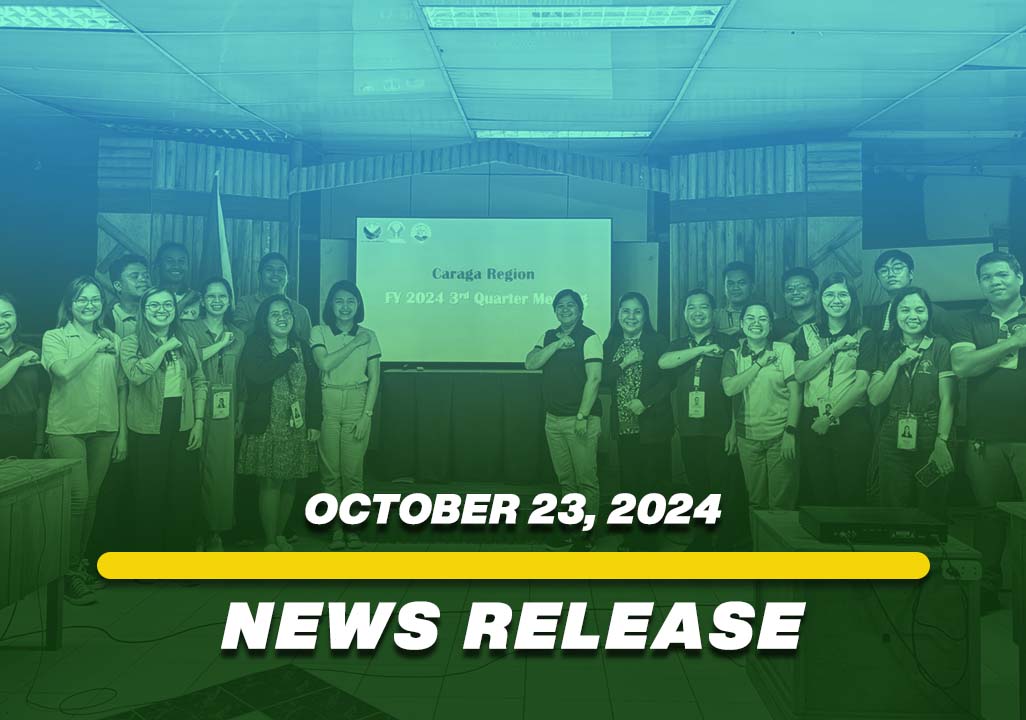
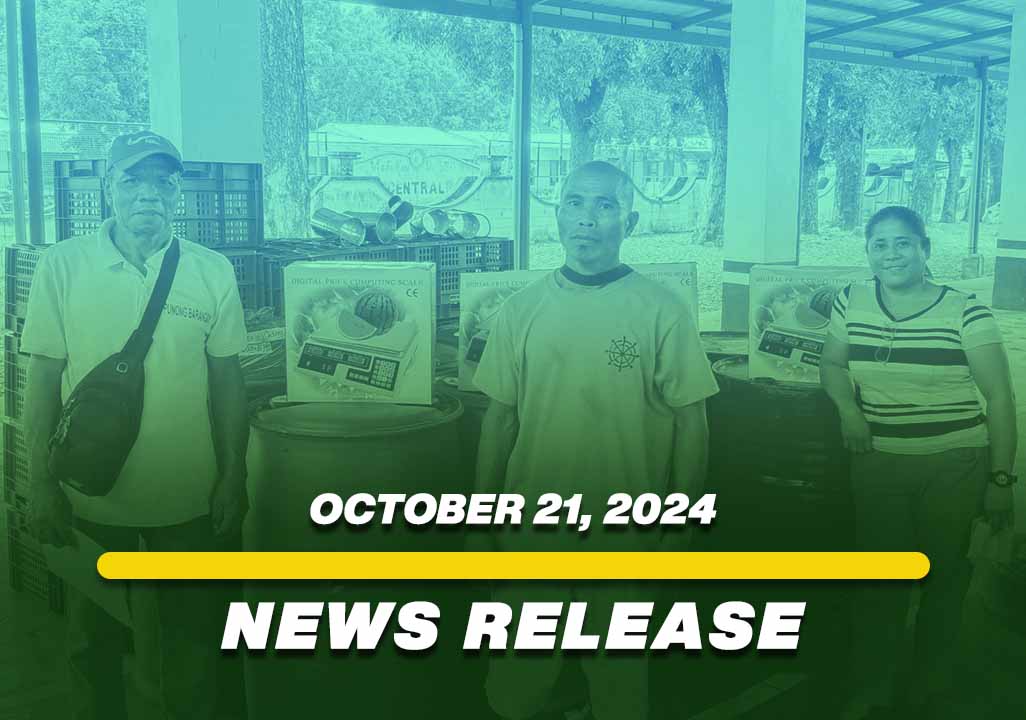
This Post Has 0 Comments